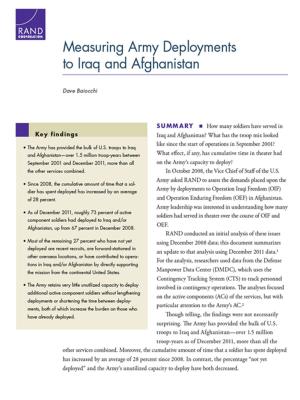Enlisting Madison Avenue
The Marketing Approach to Earning Popular Support in Theaters of Operation
Nonfiction, History, Military, Strategy, Social & Cultural Studies, Political Science, International, International Relations| Author: | Todd C. Helmus, Christopher Paul, Russell W. Glenn, Russell W. Glenn | ISBN: | 9780833042750 |
| Publisher: | RAND Corporation | Publication: | July 17, 2007 |
| Imprint: | RAND Corporation | Language: | English |
| Author: | Todd C. Helmus, Christopher Paul, Russell W. Glenn, Russell W. Glenn |
| ISBN: | 9780833042750 |
| Publisher: | RAND Corporation |
| Publication: | July 17, 2007 |
| Imprint: | RAND Corporation |
| Language: | English |
Virtually every action, message, and decision of a military force shapes the opinions of an indigenous population: strategic communication, treatment of civilians at vehicle checkpoints, and the accuracy or inaccuracy of aerial bombardment. Themes of U.S. goodwill mean little if its actions convey otherwise. Consequently, a unified message in both word and deed is fundamental to success. Business marketing practices provide a useful framework for improving U.S. military efforts to shape the attitudes and behaviors of local populations in a theater of operations as well as those of a broader, international audience. Enlisting Madison Avenue extracts lessons from these business practices and adapts them to U.S. military efforts, developing a unique approach to shaping that has the potential to improve military-civilian relations, the accuracy of media coverage of operations, communication of U.S. and coalition objectives, and the reputation of U.S. forces in theater and internationally. Foremost among these lessons are the concepts of branding, customer satisfaction, and segmentation of the target audience, all of which serve to maximize the impact and improve the outcome of U.S. shaping efforts.
Virtually every action, message, and decision of a military force shapes the opinions of an indigenous population: strategic communication, treatment of civilians at vehicle checkpoints, and the accuracy or inaccuracy of aerial bombardment. Themes of U.S. goodwill mean little if its actions convey otherwise. Consequently, a unified message in both word and deed is fundamental to success. Business marketing practices provide a useful framework for improving U.S. military efforts to shape the attitudes and behaviors of local populations in a theater of operations as well as those of a broader, international audience. Enlisting Madison Avenue extracts lessons from these business practices and adapts them to U.S. military efforts, developing a unique approach to shaping that has the potential to improve military-civilian relations, the accuracy of media coverage of operations, communication of U.S. and coalition objectives, and the reputation of U.S. forces in theater and internationally. Foremost among these lessons are the concepts of branding, customer satisfaction, and segmentation of the target audience, all of which serve to maximize the impact and improve the outcome of U.S. shaping efforts.















